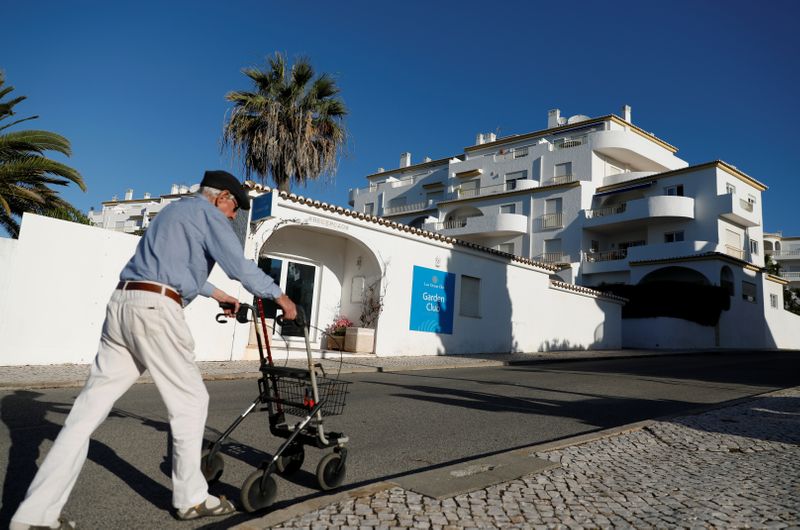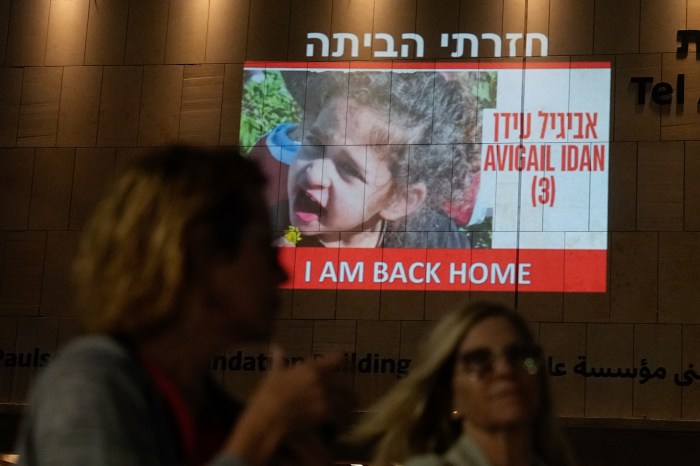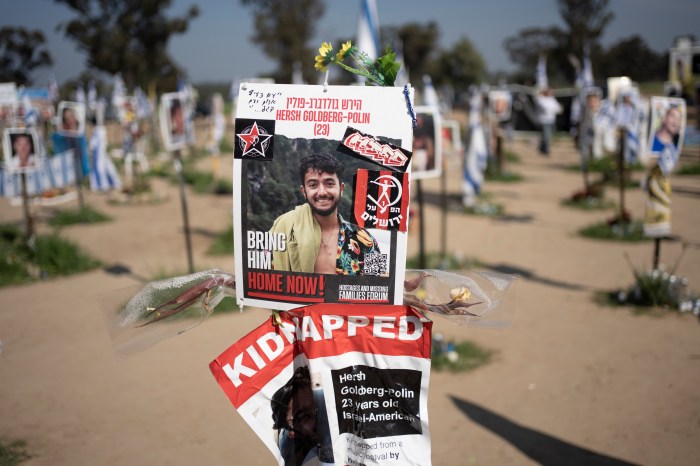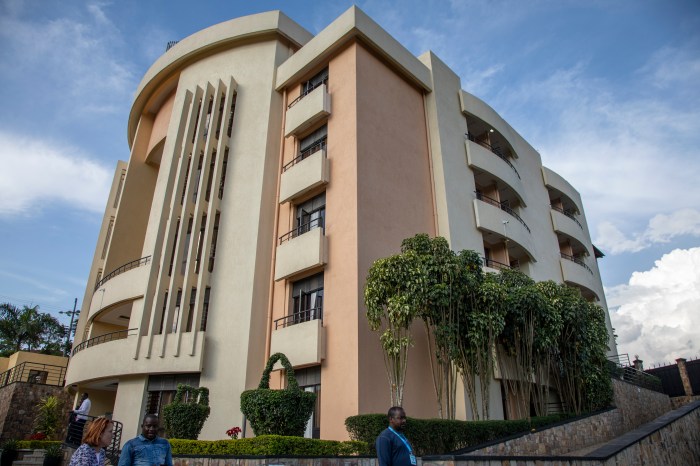PRAIA DA LUZ, Portugal (Reuters) – Foreign residents in the Portuguese resort of Praia da Luz on Friday spoke of their hopes that the parents of British girl Madeleine McCann, who went missing there 13 years ago, can find closure at last.
German authorities say she is now assumed to be dead and that an imprisoned German child abuser is suspected of her murder.
Madeleine, then aged 3, disappeared from her hotel room in 2007 during a family holiday in Praia da Luz, a small town in the southern Algarve where some foreign visitors end up living all year round.
“I always hoped they would find her alive,” said Sally Clegg, a 69-year-old from Yorkshire, who bought a holiday home in the white-walled town, whose name translates as “Beach of Light”, eight years ago.
“I think for parents, even if horrible, at least they know and they can find closure,” she told Reuters not far from the resort complex where Madeleine disappeared.
Coffee shops were open, but serving few customers as the town of about 3,500 residents remains largely deserted due to the coronavirus lockdown.
The church where the McCanns used to go and where locals prayed for her safe return years ago was shut.
“I feel bad for them. They are in a limbo, for so many years now. I can’t even imagine what that’s like so it would be great if there was some closure,” said 57-year-old New Yorker Susan Harris, who moved to Praia about the time Maddie disappeared, as she strolled by the ocean.
Despite Madeleine’s disappearance, Harris thought the resort was safe and still felt “like a very family place”.
Peter Sehurter, 70, from Switzerland, has lived in Praia de Luz for two years: “When I moved in my neighbour said it happened in his flat … I hope this is it – everybody does, but I think there’s still lack of evidence. It would bring closure, mainly to the parents.”
(Writing by Andrei Khalip; Editing by Ingrid Melander and Giles Elgood)



















